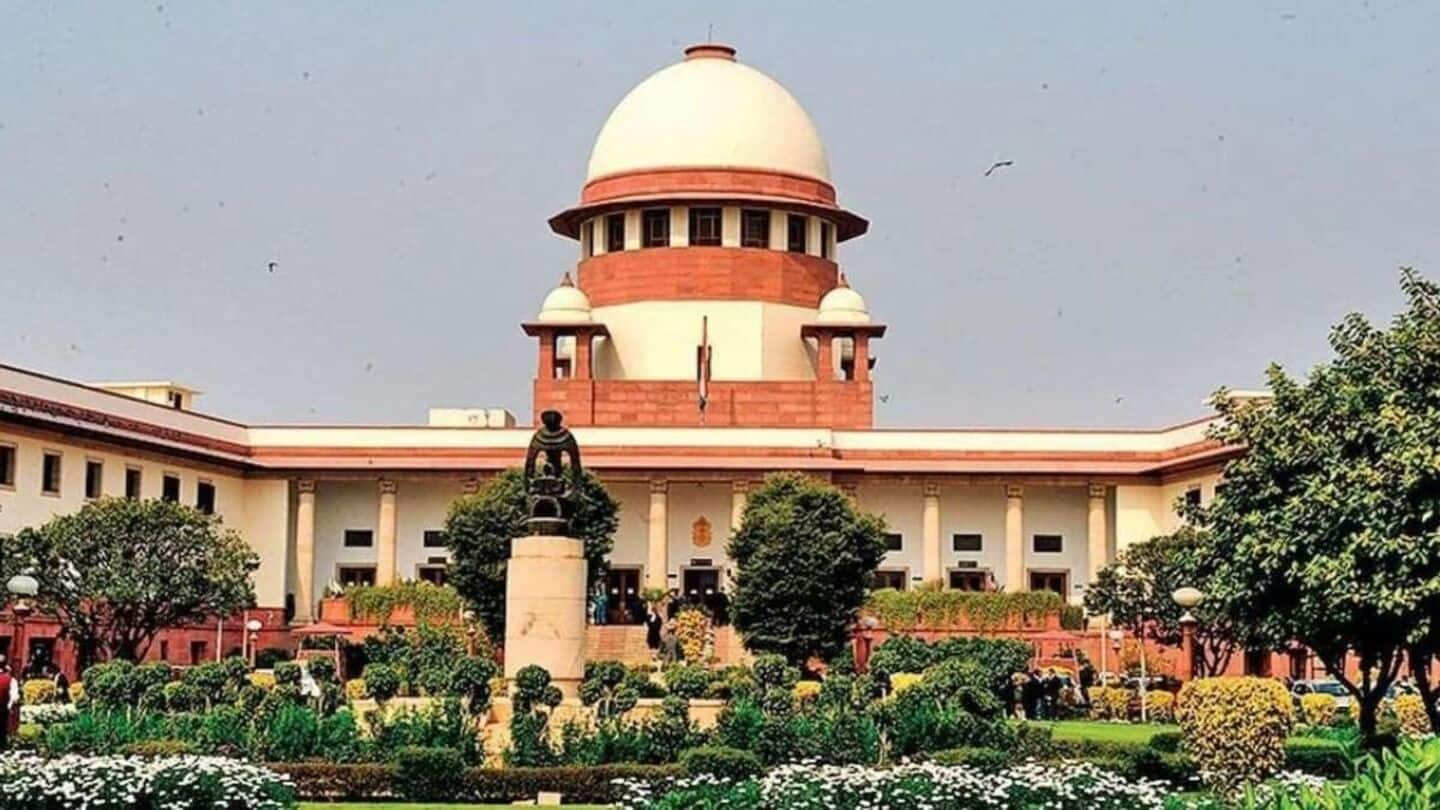
'Nothing wrong in using Pegasus, question is against whom': SC
What's the story
The Supreme Court has stated that there's nothing fundamentally wrong with a country using spyware to ensure security, but the main concern is against whom the technology is being used.
The observation came while the court was hearing a batch of writ petitions from 2021 demanding an independent probe into allegations of targeted surveillance through Israeli spyware Pegasus.
The petitioners had alleged the use of Pegasus spyware by the Indian government to snoop on journalists, judges, activists and others.
Bench
Private individuals will be protected: SC
"What is wrong if the country is using that spyware against the adverse elements? To have a spyware, nothing wrong... We cannot compromise and sacrifice the security of the nation," the bench said.
"Private civil individuals, who have a right to privacy, will be protected under the Constitution... their complaint with regard to that [can always be looked at]."
Security debate
Solicitor General supports spyware use against terrorists
The court further said that the expert committee report on the suspected misuse of the spyware cannot be made public, making it a "document for discussion on the streets."
It stated that any information pertaining to the "security and sovereignty of the country" will not be revealed, but impacted persons will be informed of the report.
International precedent
US court's ruling on Pegasus hacking referenced
Senior Advocate Kapil Sibal, appearing for journalist Paranjoy Guha Thakurta, quoted a US District Court ruling, which said Israel-based spyware firm NSO hacked WhatsApp using Pegasus malware.
He said India is one of the countries where such a hack happened.
However, Justice Kant repeated his query regarding the relevance of such information.
Sibal contended that in light of new evidence from the US judgment confirming hacking incidents, now there is factual clarity on the issue.
Information disclosure
Petitioners request release of Justice Raveendran Committee's report
Sibal asked the court to direct releasing the Justice Raveendran Committee's report to affected people after redacting sensitive portions.
He contended that when the committee was constituted in 2021, there was no indication of hacking. However, now there's evidence provided by WhatsApp itself that confirms targeted accounts.
Senior Advocate Shyam Divan supported Sibal's request but insisted on full disclosure without any redaction.
Security assurance
Supreme Court upholds national security concerns
Solicitor General Tushar Mehta, representing the Union, opposed the complete release of the report, arguing it would affect national security.
He said that it was unclear whether those who were asked to submit their devices to the committee did so.
The court then directed petitioners and their counsel to circulate the documents within two weeks and postponed the hearing to July 30, 2025.
Case
International consortium of news outlets alleged spying
In 2021, an international consortium of news outlets, including The Wire, published a series of reports indicating that the software may have been used to infect the mobile devices of several people, including journalists, activists, lawyers, a former Supreme Court judge, and others.
The reports identified a list of phone numbers that were selected as potential targets.
Upon analysis by an Amnesty International team, some of these numbers showed indications of a successful Pegasus infection, while others suggested attempted infection.